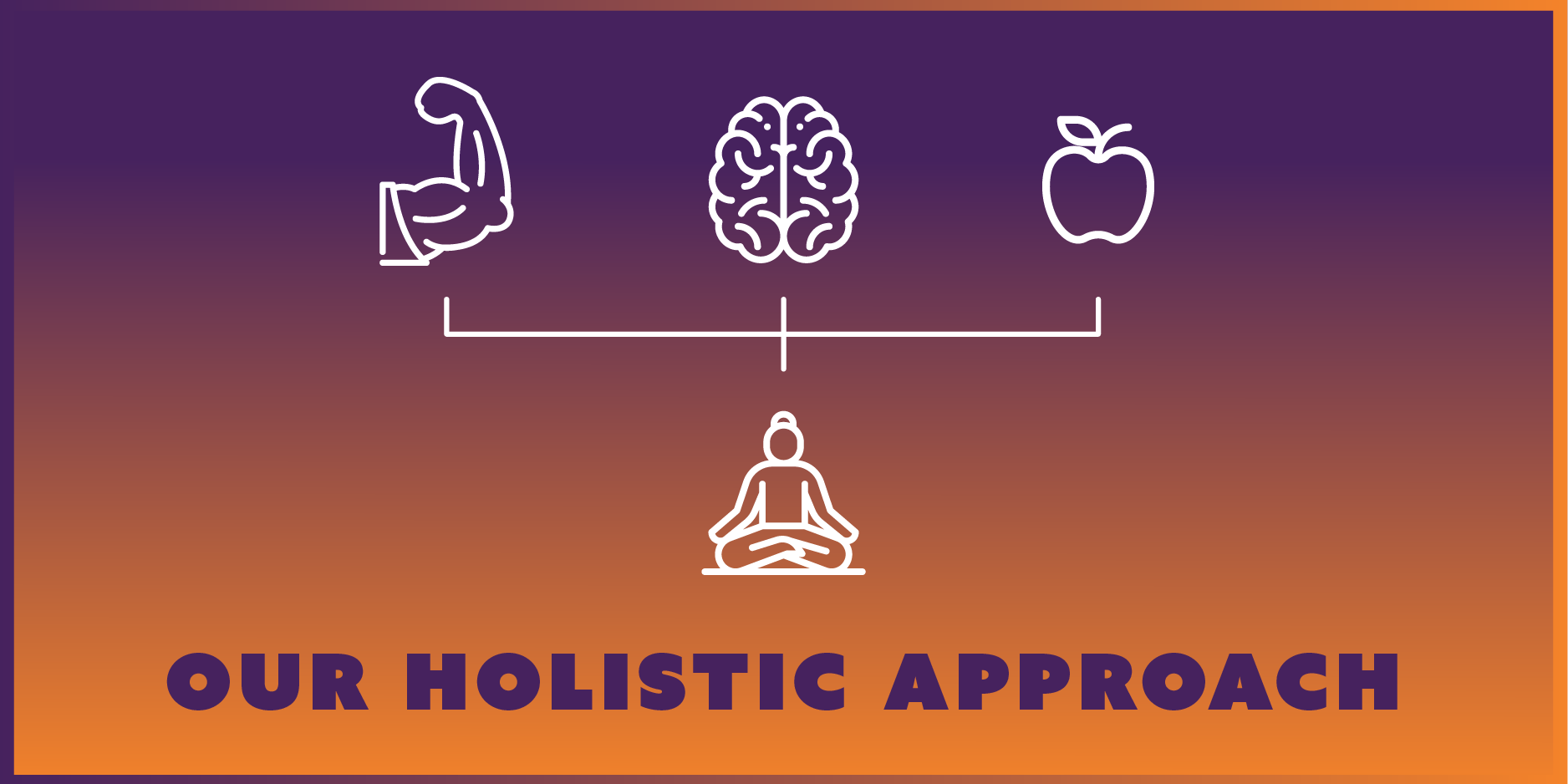"Mastering Board Exams: A Comprehensive Guide for Students"
Introduction:
Embarking on the journey of board exams is a transformative
period for students. The 10th and 12th-grade board exams are not just academic
milestones but a rite of passage that shapes future endeavors. In this
extensive guide, we will delve into strategic exam preparations, tips for
maintaining health and wellness, and the importance of a supportive social
environment. As we navigate this educational marathon, we aim to provide a
holistic approach to empower students for success.
Section 1: Exam Preparation Strategies
Understanding the Syllabus Thoroughly: Breaking down the syllabus into manageable chunks is the first step towards effective preparation. Prioritizing topics based on their weightage and personal understanding forms the foundation for strategic study sessions.
Creating a
Realistic Study Schedule: Crafting a realistic study schedule is akin to
creating a roadmap for success. Balancing study time, allocating more hours to
challenging subjects, and incorporating breaks ensure an optimal and
sustainable routine.
Utilizing
Past Papers and Sample Papers: Practicing with past and sample papers is
a tried-and-true method for exam success. It not only familiarizes students
with the exam pattern but also hones their problem-solving skills.
Group Study
Sessions: Collaborative learning is a powerful tool. Group study
sessions allow students to share insights, clarify doubts, and gain a deeper
understanding of subjects through collective efforts.
Using Technology Wisely: In the digital age, leveraging educational apps and online resources enhances the learning experience. From flashcards to educational videos, technology becomes a valuable companion in the study journey.
Section 2: Maintaining Health and Wellness
Prioritizing
Sleep: Quality sleep is the cornerstone of cognitive function.
Establishing a consistent sleep schedule aids memory retention and overall
well-being.
Staying
Hydrated and Eating Well: A balanced diet, rich in fruits and
vegetables, is essential for sustained energy levels. Hydration, often
overlooked, is a key factor in maintaining concentration during study sessions.
Incorporating
Physical Activity: Regular exercise, even in short bursts, contributes
to improved mood and reduced stress levels. Physical activity is a powerful
tool for maintaining overall well-being.
Practicing
Mindfulness and Relaxation Techniques: Mindfulness exercises, deep
breathing, and meditation are invaluable tools for stress management.
Integrating these techniques into daily routines promotes mental wellness.
Section 3: Coping with Stress and Anxiety
Setting
Realistic Goals: Establishing achievable daily and weekly study goals
helps manage stress. Celebrating small victories along the way boosts
motivation.
Taking
Breaks and Avoiding Burnout: Scheduled breaks during study sessions are
essential for preventing burnout. Discouraging marathon study sessions
emphasizes the importance of balance.
Seeking
Support When Needed: Encouraging open communication with teachers,
friends, or family when feeling overwhelmed is crucial. Professional counseling
provides additional support for mental health.
Forming a
Study Group: Collaborative study groups offer not only shared knowledge
but emotional support. Working together towards a common goal strengthens the
sense of community.
Planning
Relaxation Activities Together: Balancing study and leisure is
paramount. Organizing breaks for recreational activities with friends fosters a
healthy social environment.
Positive
Peer Influence: Surrounding oneself with positive-minded friends creates
an uplifting atmosphere. Mutual encouragement and celebrating each other's
achievements enhance the overall academic journey.
Conclusion: A Holistic Approach to Success
Navigating the board exam marathon is more than an academic
challenge; it's a transformative experience. Success is not just measured by
exam scores but by the lessons learned, the friendships forged, and the
personal growth achieved. Embracing a holistic approach that combines effective
study strategies, prioritizing health, and fostering supportive social
environments is the key to triumph. As students embark on this educational
journey, let this guide serve as a beacon of comprehensive guidance, empowering
them for success and beyond.
FAQ
1.Should I practice previous years' papers?
Yes, to familiarize yourself with the exam pattern and
identify areas for improvement.
2.How to manage time during exams?
Practice time management with sample papers, allocating time
based on section weightage.
3.How to create an effective study schedule?
Develop a balanced routine, focusing on key subjects and
regular breaks.






Comments
Post a Comment